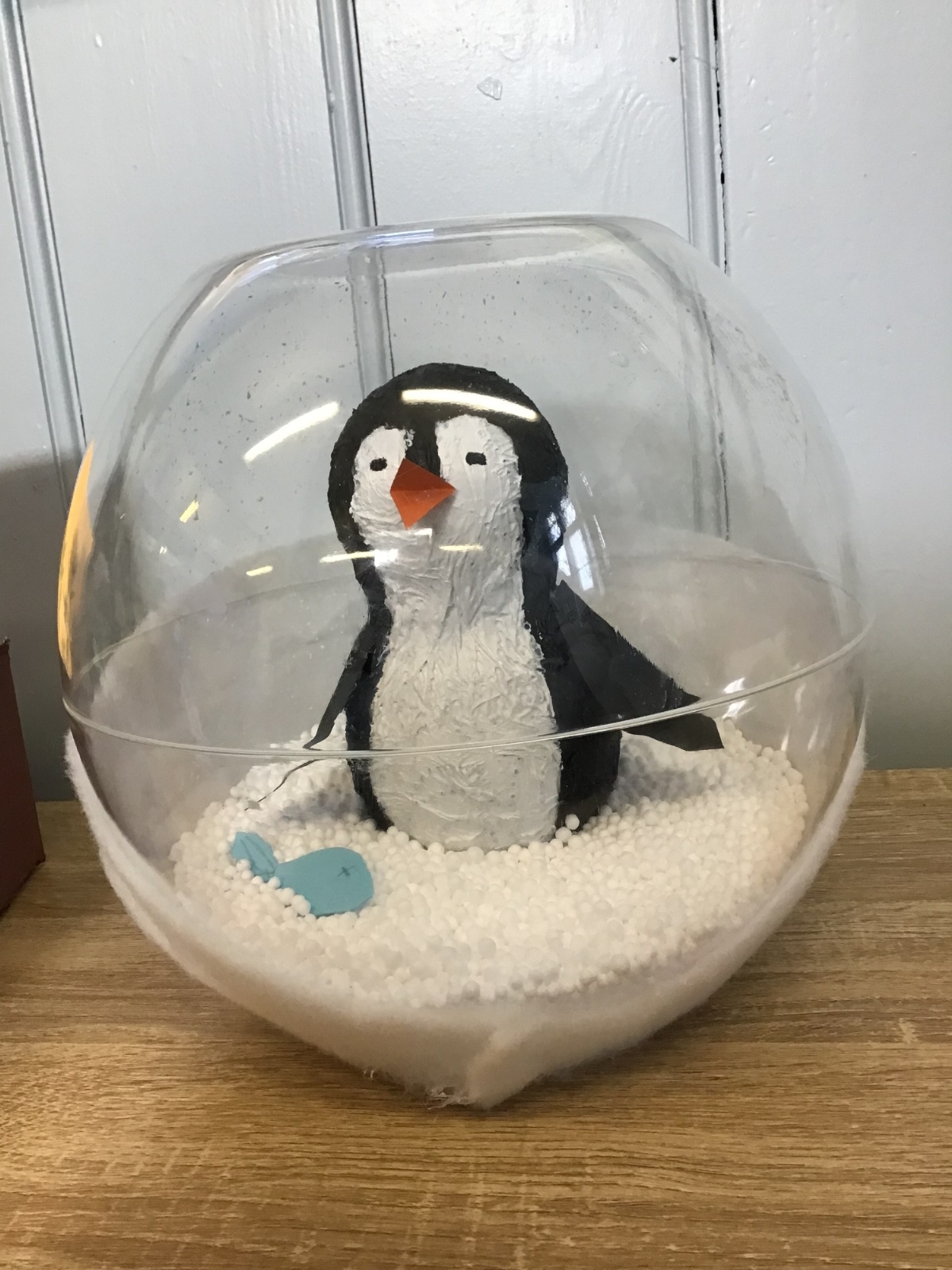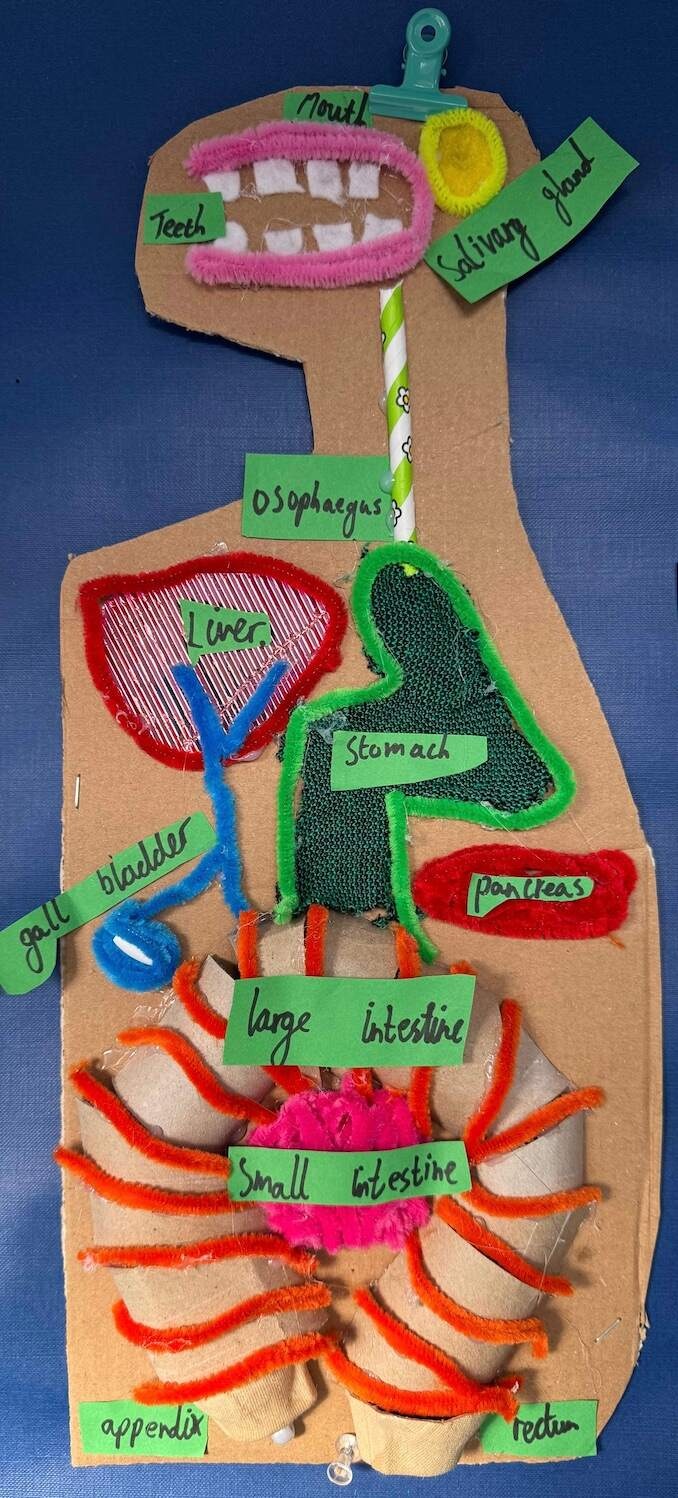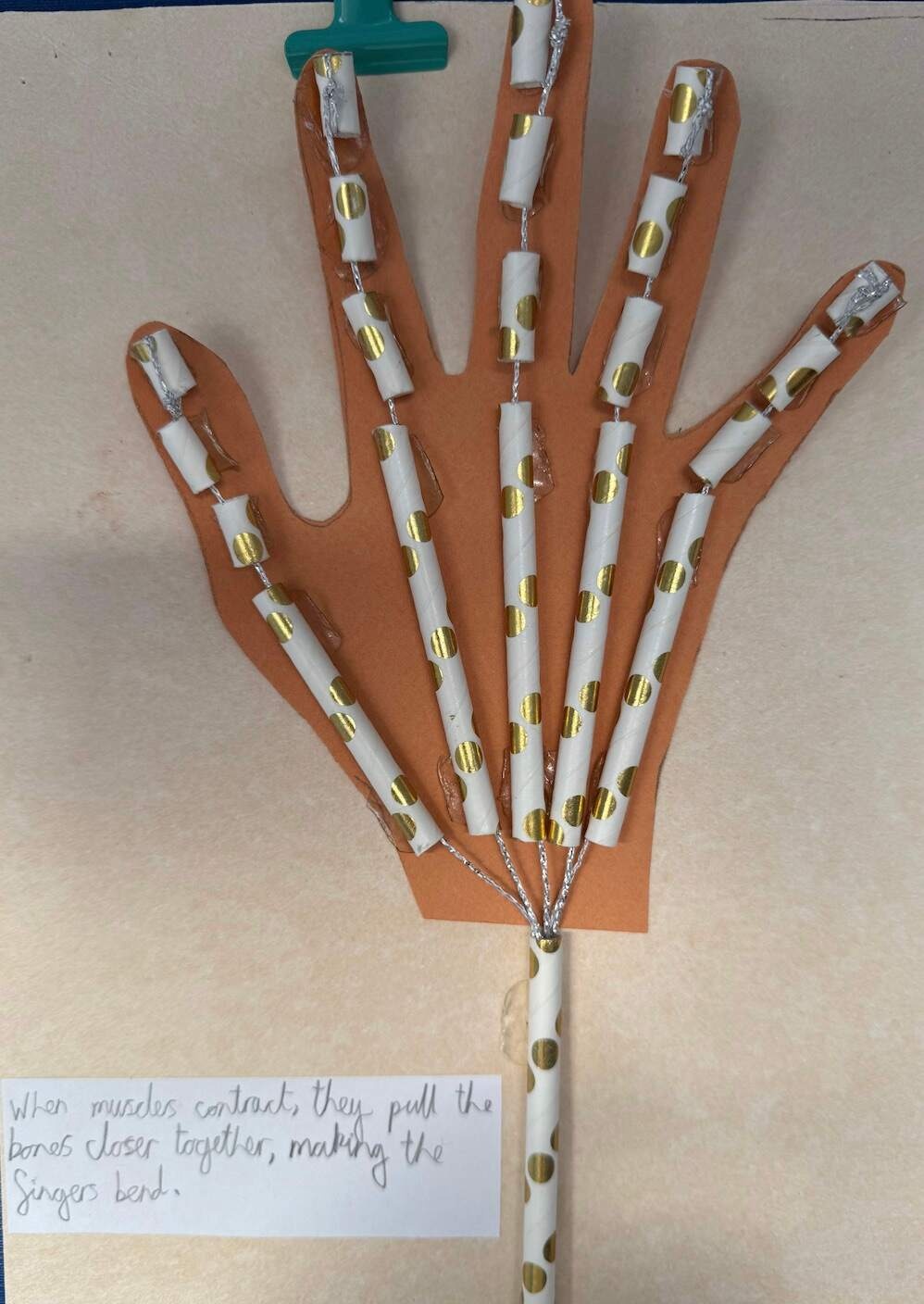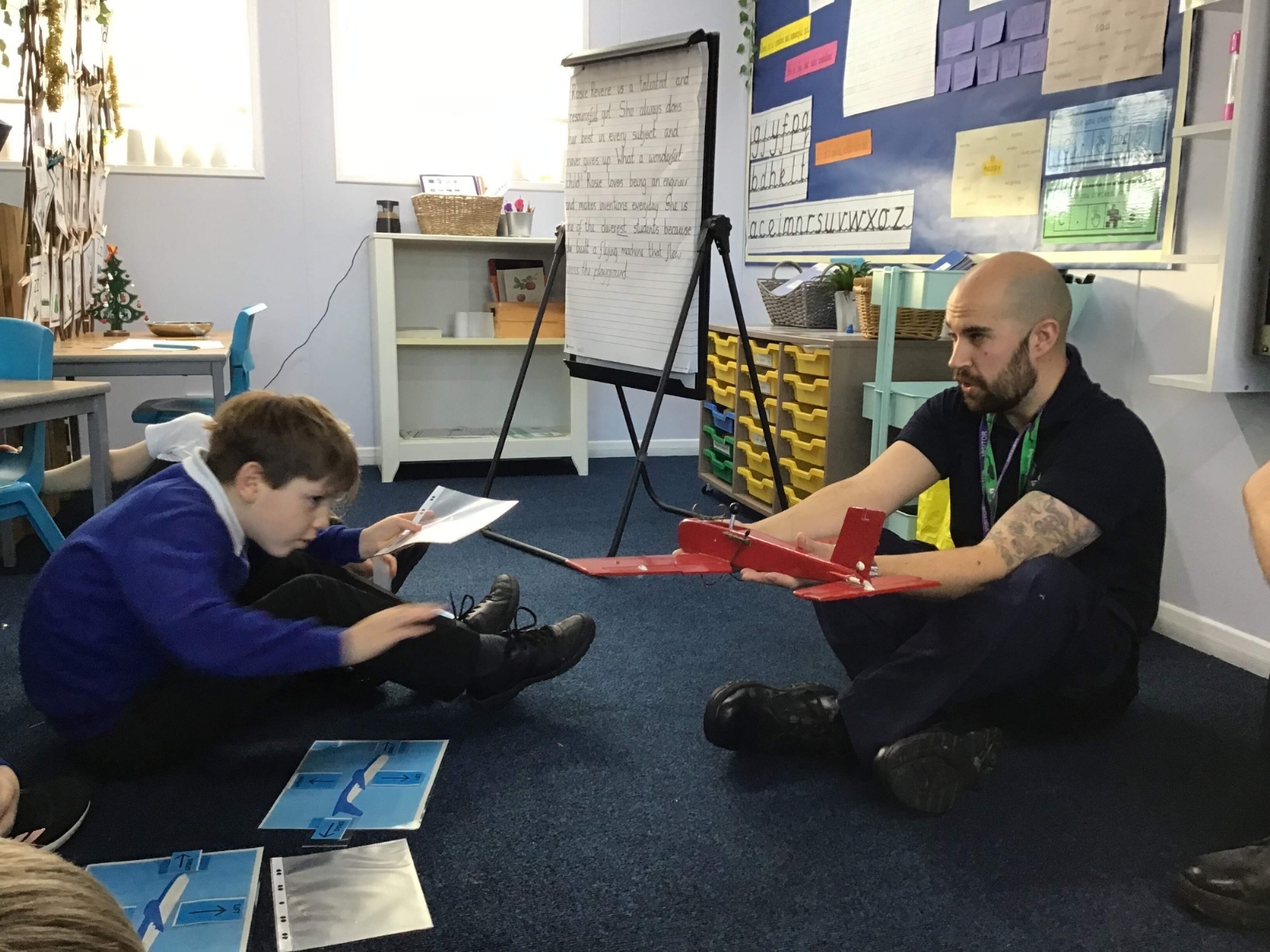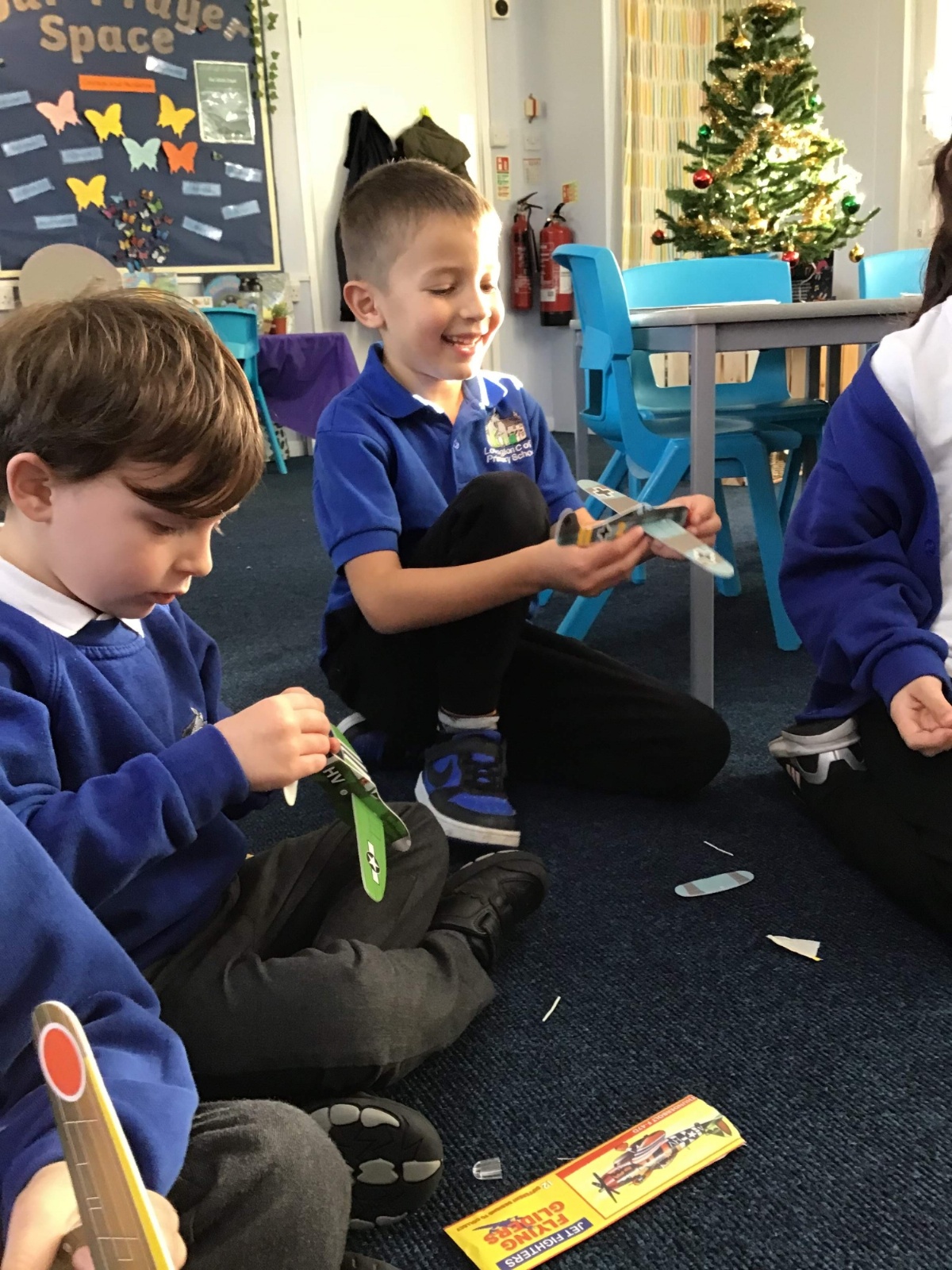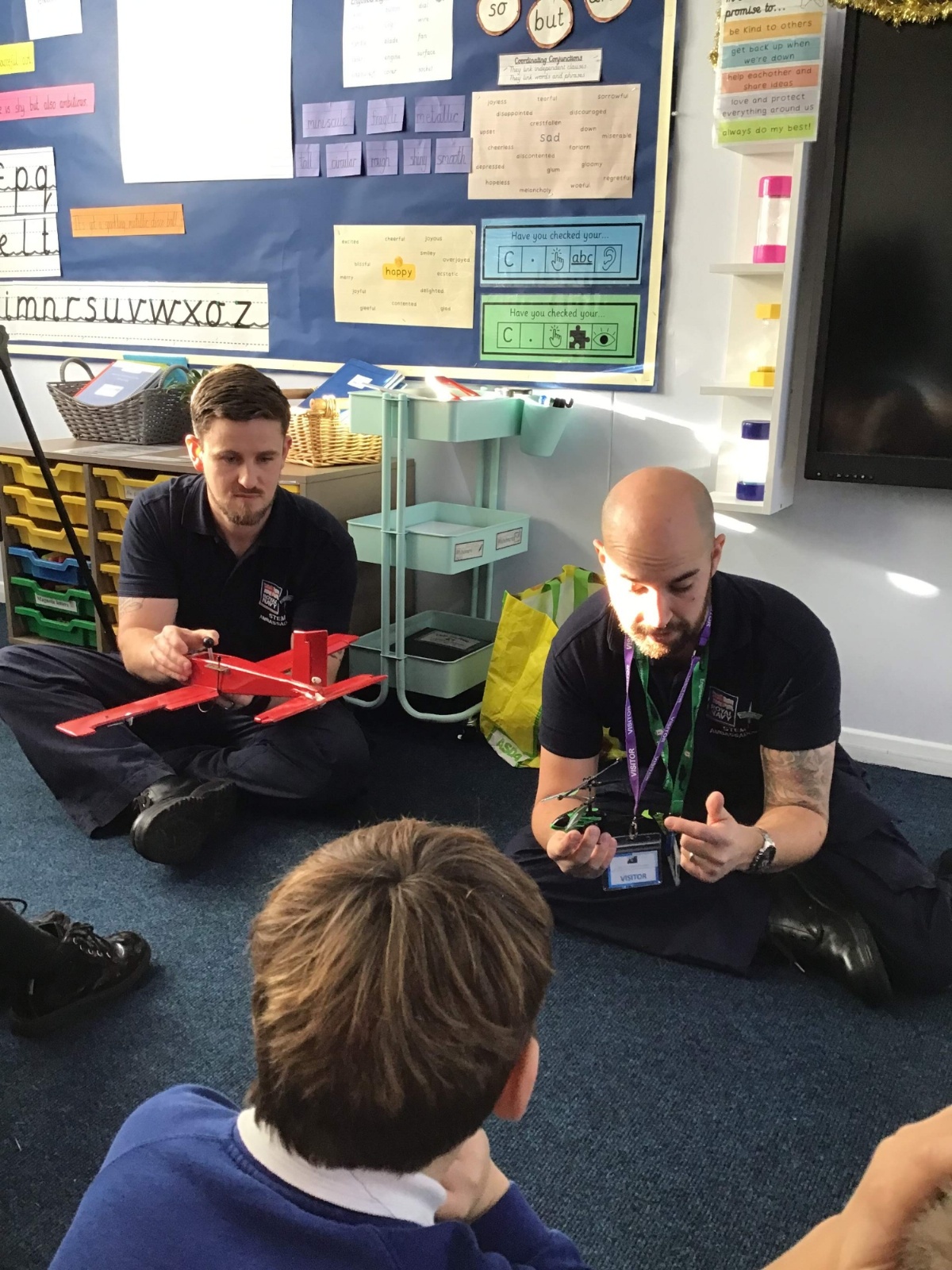Science
Intent
Science is an essential skill in our daily lives. At Lovington Primary, our teaching aims to give all children a strong understanding of the world around them whilst acquiring specific skills and knowledge to help them to think scientifically. It also aims to help children to gain an understanding of scientific processes and the uses and implications of Science, today and for the future. We want pupils to develop a complex knowledge of Biology, Chemistry and Physics, but also adopt a broad range of skills in working scientifically. We aim to ensure our curriculum, is suited to all needs and abilities and aims to give purposeful learning opportunities to all children at their own level.
Scientific enquiry skills are embedded in each topic the children study and these topics are revisited and developed throughout their time at school. Topics, such as Plants, are taught in Key Stage One and studied again in further detail throughout Key Stage Two. This model allows children to build upon their prior knowledge and increases their enthusiasm for the topics whilst embedding this procedural knowledge into the long-term memory. All children are encouraged to develop and use a range of skills including observations, planning and investigations, as well as being encouraged to question the world around them and become independent learners in exploring possible answers to their scientifically based questions.
Specialist vocabulary for topics is taught and built up, and effective questioning to communicate ideas is encouraged. Concepts taught should be reinforced by focusing on the key features of scientific enquiry, so that pupils learn to use a variety of approaches to answer relevant scientific questions.
“The important thing is to never stop questioning.”
-Albert Einstein
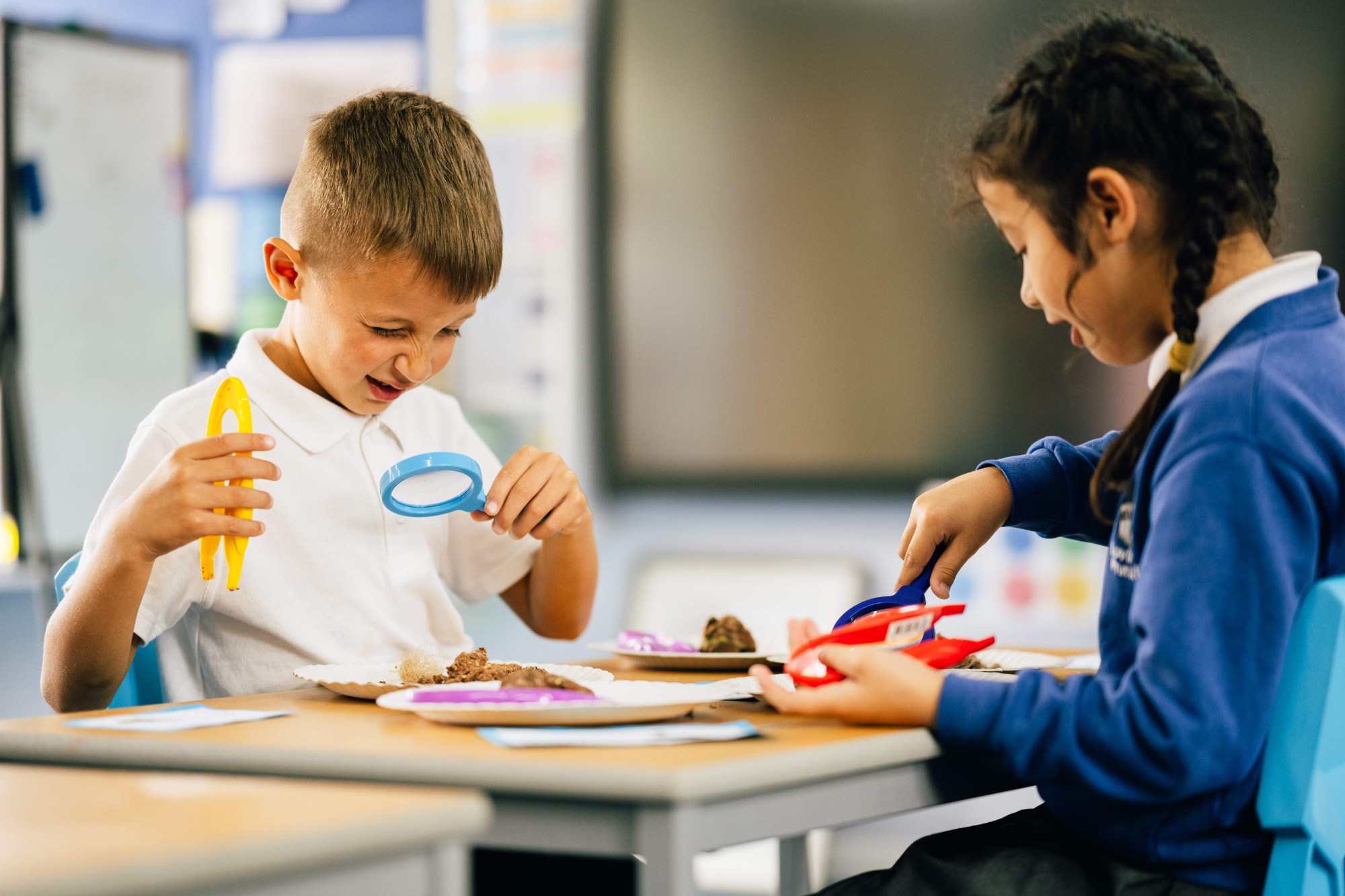
Pippin Class - Investigating Herbivores, Omnivores and Carnivores
September 2024
Implementation
-
Teachers have good knowledge of the subject(s) and the courses they teach. Leaders provide effective support for those teaching outside their main areas of expertise
-
Teachers present subject matter clearly, promoting appropriate discussion about the subject matter they are teaching. They check learners’ understanding systematically, identify misconceptions accurately, and provide clear and direct feedback. In doing so, they respond and adapt their teaching as necessary, without unnecessarily elaborate or differentiated approaches
-
Over the course of study, teaching is designed to help learners to remember in the long term the content they have been taught and to integrate new knowledge into larger concepts
-
Teachers and leaders use assessment well, for example, to help learners embed and use knowledge fluently or to check understanding and inform teaching. Leaders understand the limitations of assessment and do not use it in a way that creates unnecessary burdens for staff or learners
-
Teachers create an environment that allows the learner to focus on learning. The resources and materials that teachers select reflect the provider’s ambitious intentions for the course of study and clearly support the intent of a coherently planned curriculum, sequenced towards cumulatively sufficient knowledge and skills for future learning and employment
Example:
Science can be taught within our cross-curricular topic structure, but the progression is carefully planned, so children revisit concepts throughout their time at school. We encourage our pupils to be curious about natural phenomena and to be excited by the process of understanding the world around them. Key scientific terminology will be introduced each lesson and knowledge will be built upon throughout the school. Pupils will be encouraged to work scientifically and will be able to carry out simple tests and experiments using equipment and to gather and record data. The children will learn about plants, animals including humans, materials and seasonal change,
Habitats, rocks, light, forces, states of matter, sound, electricity, earth and space and evolution and inheritance are studied in the curriculum. Activities develop the skills of enquiry, observation, locating sources of information, selecting appropriate equipment and using it safely, measuring and checking results, and making comparisons and communicating results and findings. Lessons make effective links with other curriculum areas and subjects.
Starting in the Foundation Stage, our children are given opportunities to explore and investigate, through first-hand exploration. Understanding of the World is taught through our cross-curricular approach, encompassing the characteristics of effective learning. We aim to develop lively, enquiring minds through open-ended tasks and activities that encourage every child to explore, problem solve, observe, predict, think, make decisions and talk about the world around them. This provides them with the skills and knowledge necessary to progress their learning in Key Stage 1 and beyond.
At Key Stage One, pupils observe, explore and ask questions about living things, materials and physical phenomena. Children are encouraged to be curious and ask questions about what they notice. Much of this is done with first-hand practical activities. They begin to work together to collect evidence to help them answer questions and to link this to simple scientific ideas. They then evaluate the evidence and consider whether tests or comparisons are fair. Reference materials are used to find out more about scientific ideas. The pupils share ideas and communicate using scientific language, drawings, charts and tables. ICT is used if appropriate.
At Key Stage Two, pupils learn about a wider range of living things, materials and physical phenomena. They make links between ideas and explain things using simple models and theories. The pupils apply their knowledge and understanding of scientific ideas to familiar phenomena, everyday things and their personal health. The effects of scientific and technological developments on the environment and in other contexts are discussed, and systematic investigations are completed, working individually and in teams. Pupils talk about their work and its significance, using a wide range of scientific language, conventional diagrams, charts, graphs and ICT to communicate ideas.
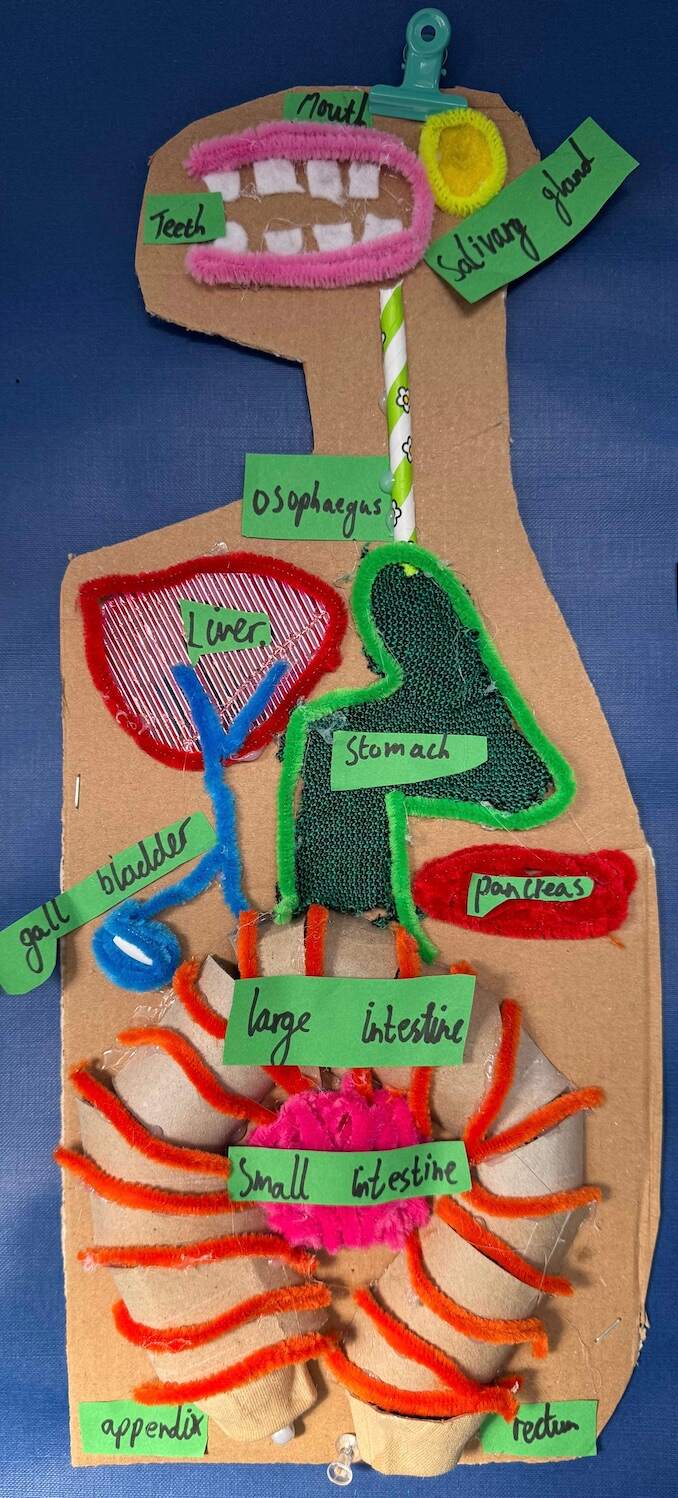
KS2 – Investigating how our bodies work.
November 2023
Impact of Science at Lovington C of E Primary School
Regular assessment for learning throughout learning ensures that misconceptions are corrected early and effectively. Children will be assessed in the form of ‘end of unit assessments’ which track children’s progress through a unit of work, having been assessed prior to learning.
-
Children will have the confidence to answer questions using taught knowledge and skills
-
Children will attain in line with the national average or better
-
Children can talk about science confidently and rise to the challenge of every problem
-
Children will have a secure knowledge of science that adequately prepares them for their next stage of learning.
The successful approach results in a fun, engaging, high-quality science education, that provides children with the foundations and knowledge for understanding the world. Our engagement with the local environment ensures that children learn through varied and first-hand experiences of the world around them.
Frequent, continuous and progressive learning outside the classroom is embedded throughout the science curriculum. Through various workshops, trips and interactions with visiting experts, children develop understanding that science changes lives and is vital to the world’s future prosperity. Children learn the possibilities for careers in science as a result of our community links and connections with national agencies such as the STEM association. Children at Lovington enjoy science and this results in motivated learners with sound scientific understanding.
Our Science Gallery

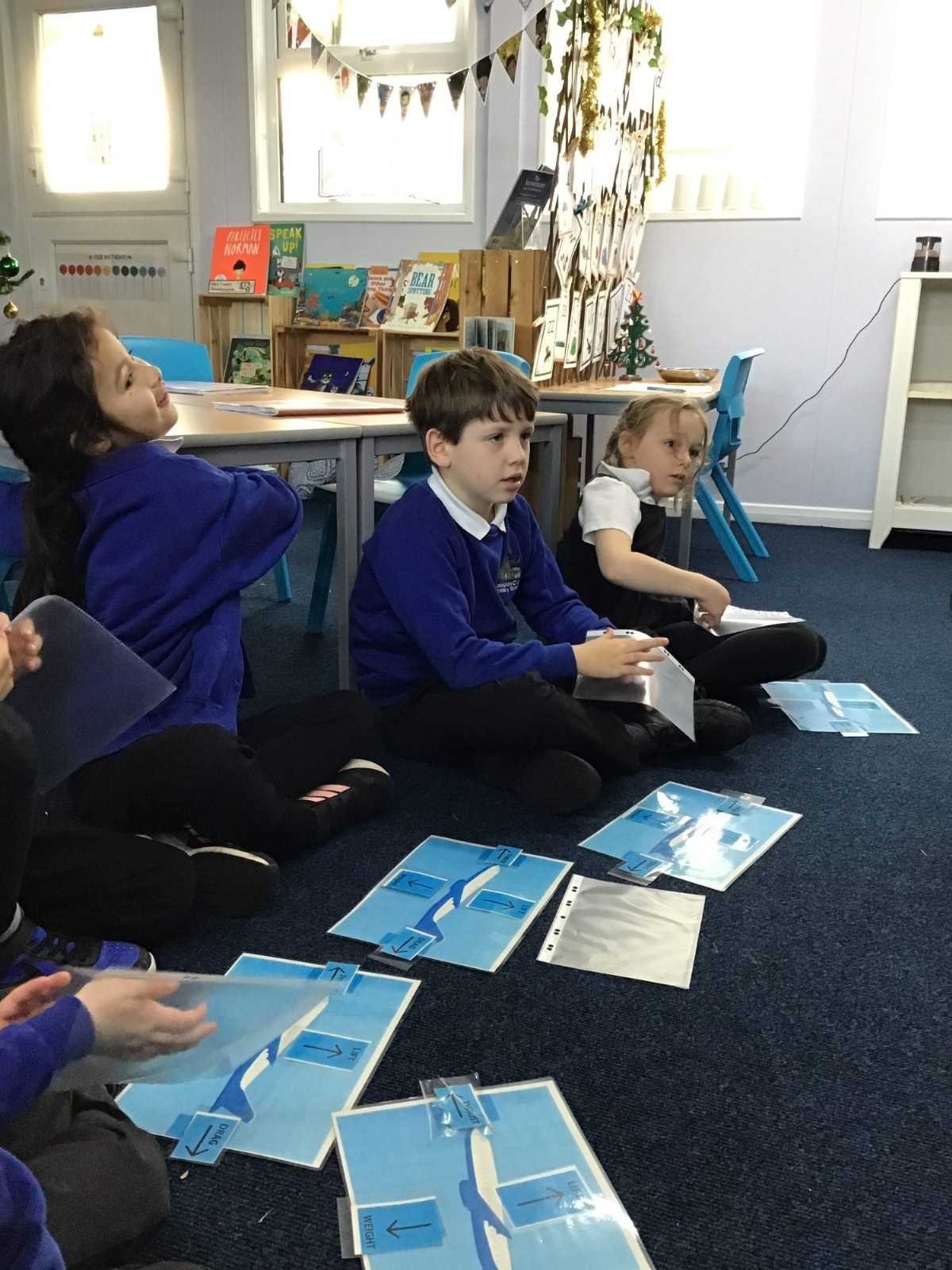
.jpg)
.jpg)
.jpg)
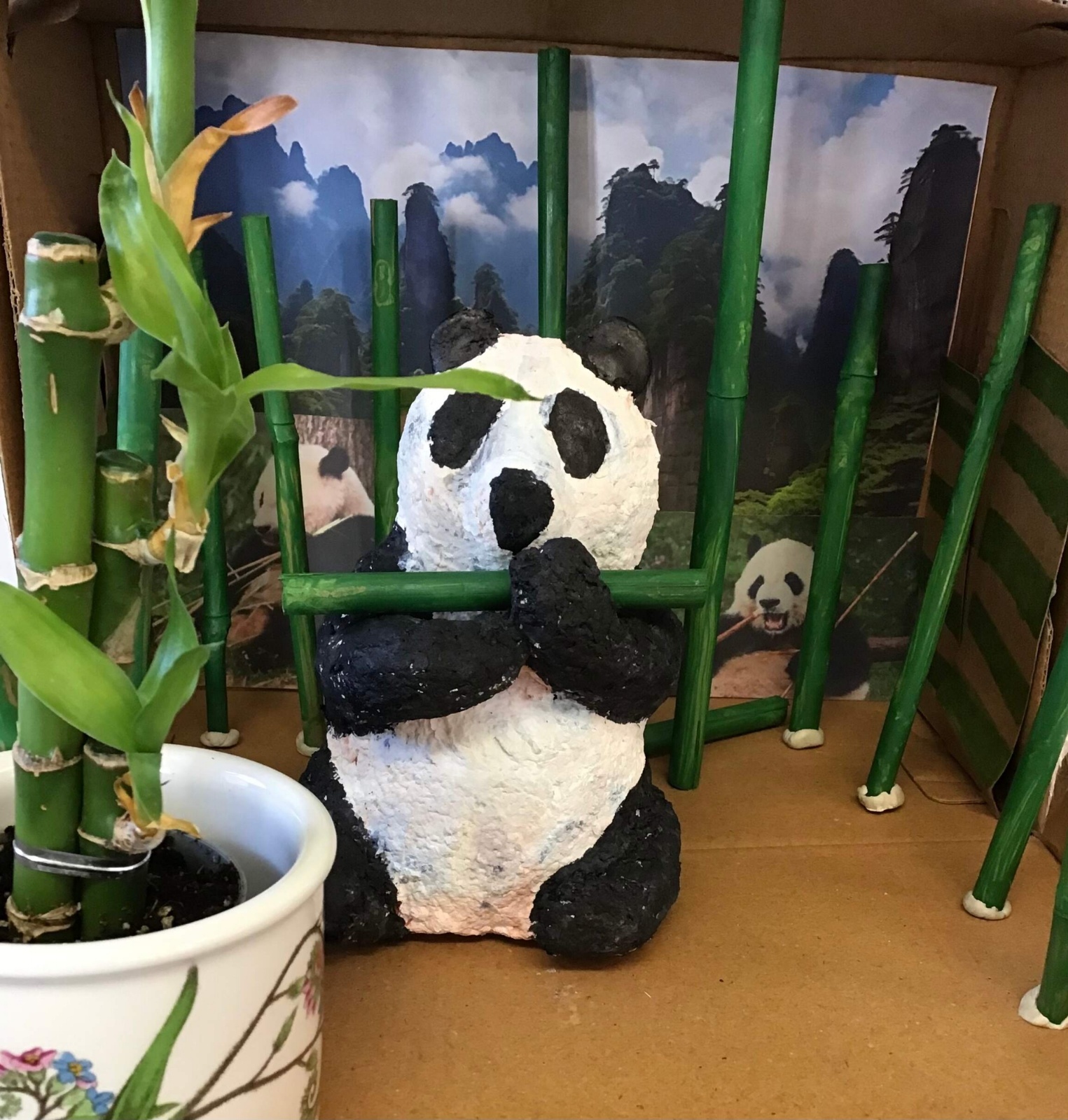
1).jpg)
